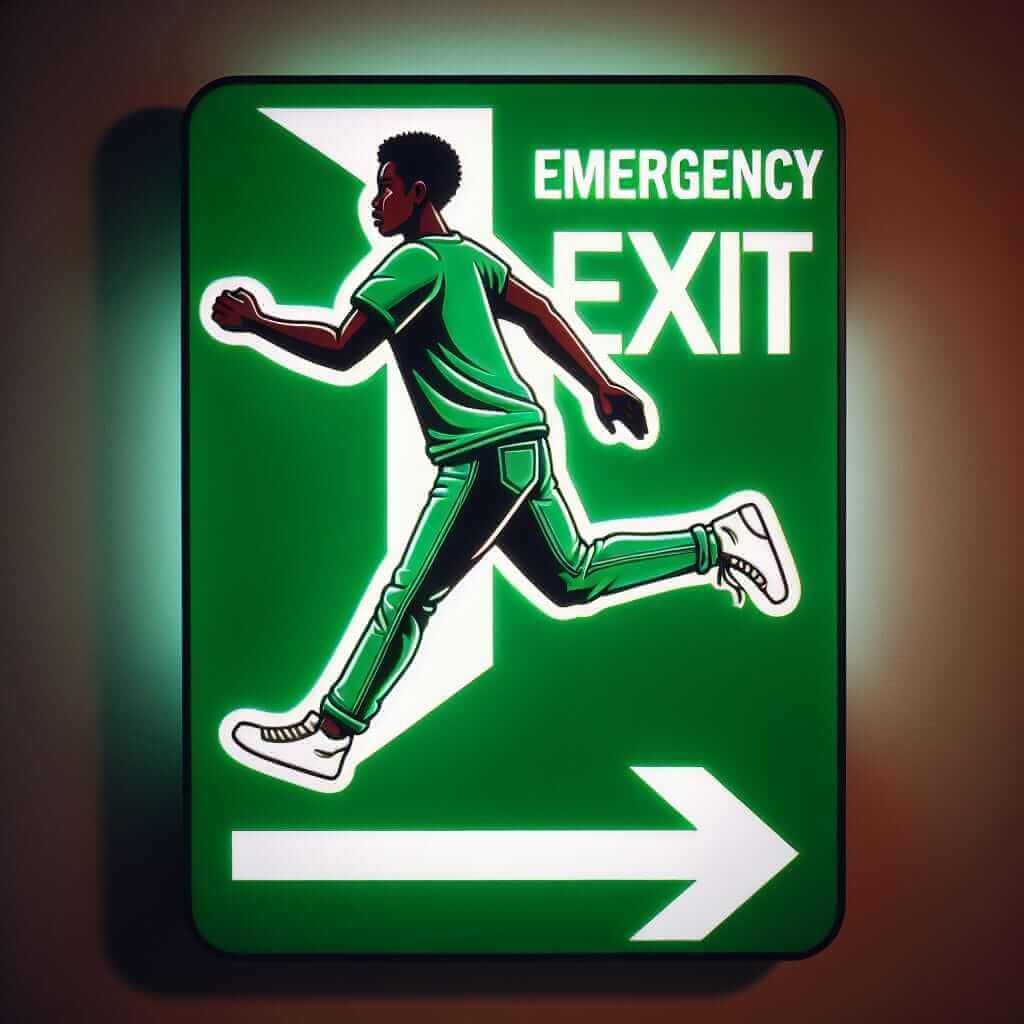The word “emergency” (noun, /ɪˈmɜːrdʒənsi/) refers to an unexpected and dangerous situation that requires immediate action. It’s a high-frequency word in the IELTS exam, particularly in the Listening and Reading sections, where you might encounter scenarios like medical emergencies, natural disasters, or accidents.
Nội dung bài viết
Here are some synonyms for “emergency”:
- Crisis: (noun, /ˈkraɪsɪs/) – A time of intense difficulty or danger.
Example: The country declared a state of emergency due to the ongoing economic crisis. - Exigency: (noun, /ˈɛksɪdʒənsi/) – A situation demanding immediate attention.
Example: The doctor stressed the exigency of immediate surgery. - Catastrophe: (noun, /kəˈtæstrəfiː/) – A sudden event causing great damage or suffering.
Example: The earthquake resulted in a catastrophe, leaving thousands homeless.
And an antonym:
- Normality: (noun, /nɔːrˈmælɪti/) – The state of being usual, typical, or expected.
Example: After the flood, residents were eager for a return to normality.
Using “Emergency” in Different IELTS Sections
1. Listening Section
In the Listening section, you may hear “emergency” used in dialogues about accidents, medical situations, or natural disasters. For instance:
- “The man collapsed, and someone called emergency services.”
- “The news reported a state of emergency due to the approaching hurricane.”
You may also come across related vocabulary like:
- First aid: (noun) – Help given to a sick or injured person until full medical treatment is available.
- Ambulance: (noun, /ˈæmbjʊləns/) – A vehicle that takes sick or injured people to and from hospital.
- Evacuation: (noun, /ɪˌvækjʊˈeɪʃən/) – The process of moving people from a dangerous place to a safe place.
2. Reading Section
“Emergency” frequently appears in Reading passages related to healthcare, natural disasters, or historical events. For example:
- “The article discussed the importance of having an emergency plan in case of fire.”
- “The hospital experienced an influx of patients after the emergency landing of the aircraft.”
Look out for collocations like:
- Emergency exit: A way to get out of a building or vehicle quickly if there is a fire or other dangerous situation.
- Emergency room: The part of a hospital where people who are injured or suddenly become ill can receive immediate treatment.
- Emergency procedures: A set of actions that are taken in a dangerous situation.

3. Writing Section
While “emergency” might not be as common in Writing Task 2, it can be used effectively in Task 1 when describing graphs or charts related to healthcare expenditure, accident rates, or disaster relief efforts. For example:
- “The graph shows a sharp increase in emergency room visits during the holiday season.”
4. Speaking Section
You can use “emergency” when discussing safety measures, past experiences, or hypothetical situations. For example:
- “I always keep a first-aid kit in my car for emergencies.”
- “If you were to witness a car accident, what emergency measures would you take?”
Collocations and Idioms
Here are some common collocations and idioms related to “emergency”:
- Declare a state of emergency: To officially announce that a dangerous situation exists and special measures can be taken.
Example: The governor declared a state of emergency after the earthquake. - Emergency landing: When an aircraft has to land unexpectedly because of a problem.
Example: The pilot had to make an emergency landing due to engine failure. - Cope with an emergency: To deal successfully with a difficult and unexpected situation.
Example: The firefighters are trained to cope with emergencies effectively.
Conclusion
Mastering the use of “emergency” and related vocabulary is crucial for achieving a high score in the IELTS exam. By understanding its various applications and nuances, you can confidently navigate different sections of the test and effectively communicate in English. For further practice, try incorporating these words and phrases into your daily vocabulary and practice tests.